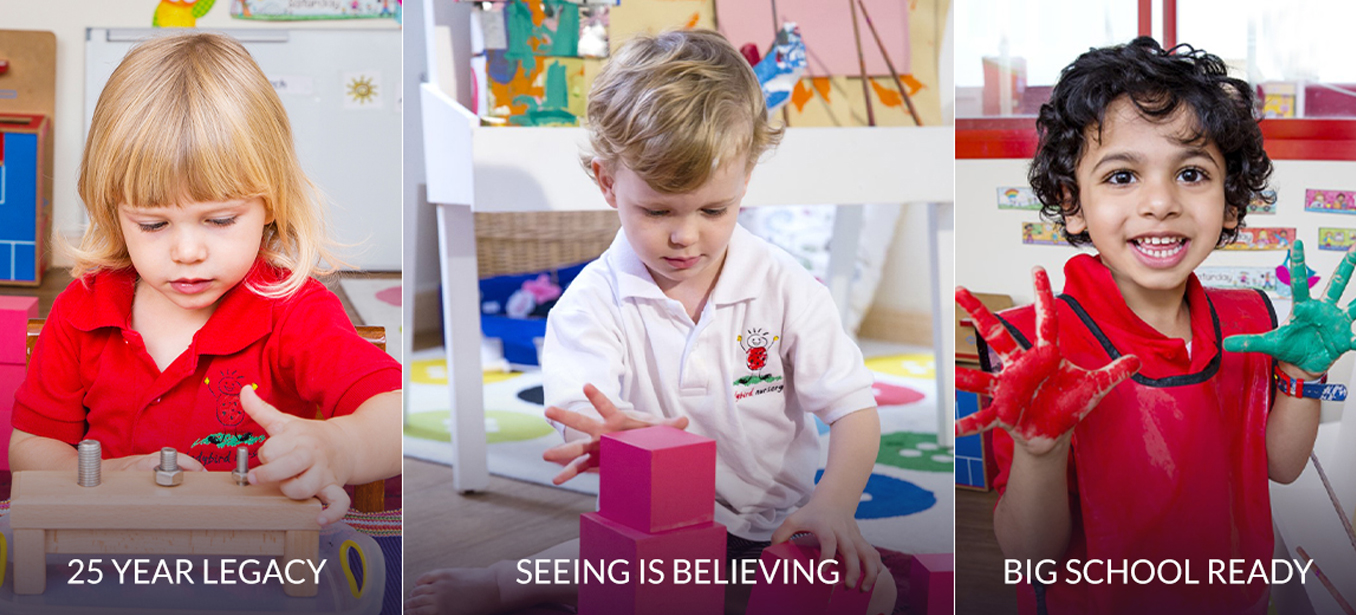Children experience many changes during their early years. Nursery schools create a space where they explore, listen, talk, and move around freely. They join group tasks, try new games, and share ideas with other children. These daily routines shape habits and support growth in many areas.
With simple activities and guidance, a nursery in Greens support progress in ways that feel natural and steady for young learners and their families.
Promoting social skills:
Nursery schools provide an environment where children can interact with their peers, which is essential for developing social skills. Activities such as group play, sharing toys, and taking turns help children learn how to communicate, cooperate, and resolve conflicts. These social experiences allow children to understand the importance of teamwork and empathy, setting the stage for future relationships.
Improving emotional development:
In nursery school, children are encouraged to express their emotions and learn how to manage them. The structured routines and activities promote emotional regulation as children learn to deal with frustration, disappointment, and excitement. Teachers help children identify and label their emotions, which is key for emotional intelligence. This emotional growth provides a strong foundation for children’s mental well-being as they grow older.
Developing cognitive abilities:
Nursery schools focus on stimulating children’s minds through activities designed to boost cognitive abilities. By engaging in simple problem-solving tasks, puzzles, and games, children improve their critical thinking and memory. Teachers introduce foundational concepts like numbers, letters, shapes, and colors in a fun and interactive way. Early exposure to these cognitive skills sets the groundwork for later academic success.
Encouraging creativity:
Nursery schools nurture creativity through art, music, and imaginative play. These activities allow children to explore their imagination, express themselves, and develop problem-solving skills. Drawing, painting, and role-playing allow children to think creatively and develop fine motor skills. By encouraging creativity, nursery schools provide an outlet for self-expression and help children build confidence in their abilities.
Improving physical development:
Physical activity is a key part of early childhood development, and nursery schools often include outdoor playtime and physical activities in their daily routines. These activities help children develop gross motor skills, such as running, jumping, and climbing, as well as fine motor skills through activities like drawing or building with blocks. Physical development supports a child’s overall health and coordination.
